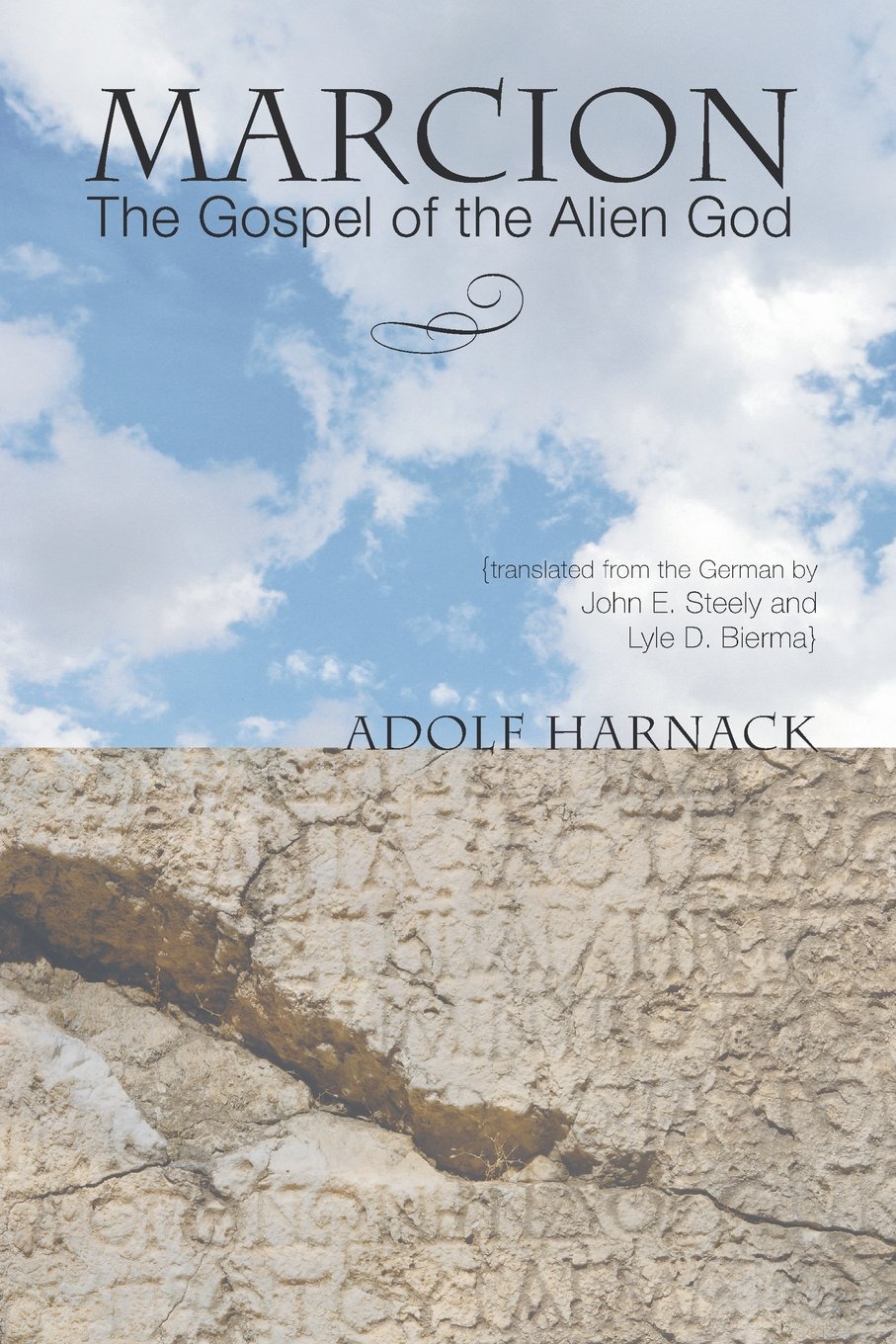As one commentator said Harnack's work, Harnack makes Marcion
almost into a Protestant hero. Here is a man who understands the difference
between the god of the Old and New Testament, who had the guts to know that
grace is by faith alone. Indeed, parts of Harnack's work definitely come across
that way, especially in the introduction and conclusion. But Harnack does draw
a line at claiming there were actually two gods; he sees that as Marcion's
bridge to far for Christians.
In between, however, Harnack does a good job of showing some
of the subtle aspects of Marcion's thought. One would get the sense that
Marcion was an antinomialist, and yet in reality, he was an ascetic. If the Old
Testament is the work of a evil creator god, then one must do what one can to
prevent the continuation of the creation. That means no sex, no joy in physical
things. They're all fake and keep people bound to that fake god, just as much
as the law, so one is to avoid them. Interestingly, while Marcion saw much of
the New Testament as corrupted (thus his throwing away of much of it), he saw
the Old Testament as an unadulterated complete work. And it is in fact the
means by which one comes to know the difference between the good god and the
bad one, so even though he dismisses it as scripture, it has a purpose. As
Harnack implies, Marcion wouldn't have even had a problem with much of the
content of the law (no murder, adultery, etc.); rather, his problem was with
the motivation for keeping that law. The good god is all love; he will not judge.
Rather, one falls out of contact with that god and thus loses out on the
goodness. The evil god, by contrast, punishes for not keeping his law. But the evil
god and his law will one day pass away with all that is physical.
Of particular interest to those technically inclined is Harnack's inventory of items that Marcion deleted from or changed in Luke's Gospel and even from Paul's letters (I hadn't realized he'd made changes to Paul's letters before; makes one wonder what exactly Marcion thought he was looking at that he felt like he knew better than the texts handed to him; I mean, if these works are full of errors, why bother trying to rescue them?).
Marcion, according to Harnack (and many who have written
about Marcion since), was also the impetus between the canonization of the New
Testament and the organization of the larger Christian church. In this view, his
New Testament predated that of the orthodox church; it was to refute him that
the church came up with its own list of acceptable books. Likewise, his church
was earlier organized, in this view, with a hierarchy of structure and
government.







No comments:
Post a Comment